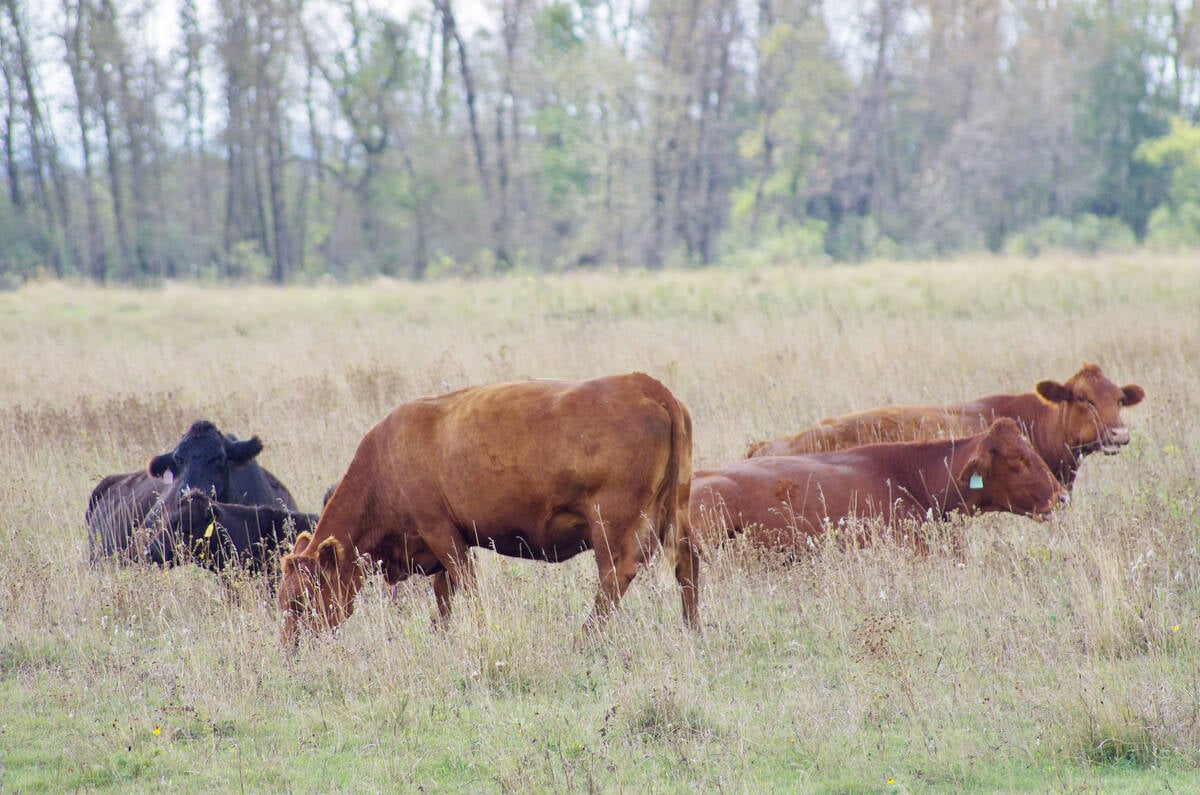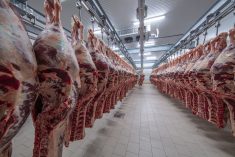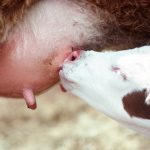Producers and veterinarians in Manitoba and labs in Quebec will soon be required by law to report porcine epidemic diarrhea (PED) on hog farms.
The office of Manitoba’s chief veterinary officer (CVO) announced Friday that the province “has taken the necessary steps” to add PED to its list of reportable diseases and expects the new rule to take effect in “a matter of days.”
The Manitoba designation would require producers and veterinarians to report any suspected cases of PED to the CVO, “allowing for a faster response.”
Read Also

Trump plan to import Argentine beef angers U.S. farmers
U.S. farmers criticized President Donald Trump’s suggestion that the country may import more beef from Argentina, after they recently lost out to the South American nation on soybean sales to top buyer China.
Quebec’s Agriculture Minster Francois Gendron, meanwhile, announced a new regulation effective Thursday requiring laboratories to immediately report any samples testing positive for the PED virus (PEDv).
Applying Quebec’s rules to PED would require labs to report details on samples tested — including names and contact information for producers and/or veterinarians submitting such samples.
The new rule, Gendron said, would allow the provincial ag, food and fisheries ministry to step up its surveillance for PEDv and allow for a more rapid response if a case appears.
Livestock producers and veterinarians in Quebec could soon also be required to report suspected cases of any designated animal diseases to the province’s ag, food and fisheries ministry, under separate legislation published Friday for a 45-day public comment period, running until April 7.
Quebec’s proposed legislation would apply to animal diseases already deemed federally reportable — and to a list of provincially-designated diseases, including PEDv, porcine dysentery, porcine transmissible gastroenteritis (TGE), Q fever and others.
“Protocols”
Manitoba, Quebec and Ontario led Canada in hog marketings in 2012, at 8.06 million, 7.38 million and 6.13 million head respectively, according to Canadian Pork Council statistics. In terms of total pigs on-farm as of Jan. 1, 2012, the three provinces also led at 2.63 million, 3.92 million and 2.85 million head respectively.
New regulations in Manitoba and Quebec would follow Alberta’s lead. Canada’s fourth-biggest hog-producing province, both by marketings and by pigs on-farm, declared PED reportable effective Jan. 20. [Related story]
PED hasn’t yet been declared a reportable disease federally — a status which, according to the federal New Democrats’ ag critics, leaves Canada with “no single set of protocols to help prevent (PED) from spreading.”
The NDP’s ag critics called Thursday for the Commons committee on agriculture and agri-food to “immediately study” PED’s presence in Canada.
“Since (Ag Minister Gerry Ritz) refuses to take real action, it is crucial that parliamentarians step up for our pork farmers,” deputy ag critic Ruth Ellen Brosseau said in a release.
“Stopped”
Quebec so far has no confirmed cases of PED in hogs. The virus was detected last month in a swab test on an unloading dock at a hog slaughter plant north of Montreal, accepting hogs from both Quebec and Ontario.
Manitoba on Feb. 14 confirmed PEDv on a wean-to-finish operation in the province’s southeast. Sampling and testing — now underway with CVO supervision at 45 other farms that had contact with the infected farm — haven’t yet turned up any new cases of the virus.
As of Friday, Ontario — where PEDv first arrived in Canada last month — has 21 confirmed cases of PEDv, mostly in the province’s southwestern region. The province’s most recent case was confirmed Thursday on a farrow-to-finish operation in the Hamilton area.
One other Canadian case was confirmed Feb. 14 on a hog farm in Prince Edward Island.
The virus arrived in April last year in the U.S., where it’s since been confirmed on over 3,500 hog farms across 25 states. It also turned up on hog farms in Mexico starting last summer.
The virus, which causes diarrhea, vomiting and dehydration in infected pigs and is often fatal in very young piglets, is not considered a risk to human health, nor to the safety of pork products.
Dr. Doug MacDougald, chairman of the Ontario Swine Health Advisory Board, was quoted Friday on the hog industry-sponsored program Farmscape as saying it’s now believed “the primary source of the virus for the majority of these cases has been stopped.”
An Ontario feed company recently announced a voluntary recall after samples of U.S.-sourced hog blood plasma, used as an ingredient in a piglet feed product, were tested and confirmed to have infective PEDv. [Related story]
The Canadian Food Inspection Agency is now testing processed feed made using the plasma product, to determine if the virus can somehow survive processing. A positive finding would overturn common wisdom about the virus to date. — AGCanada.com Network












